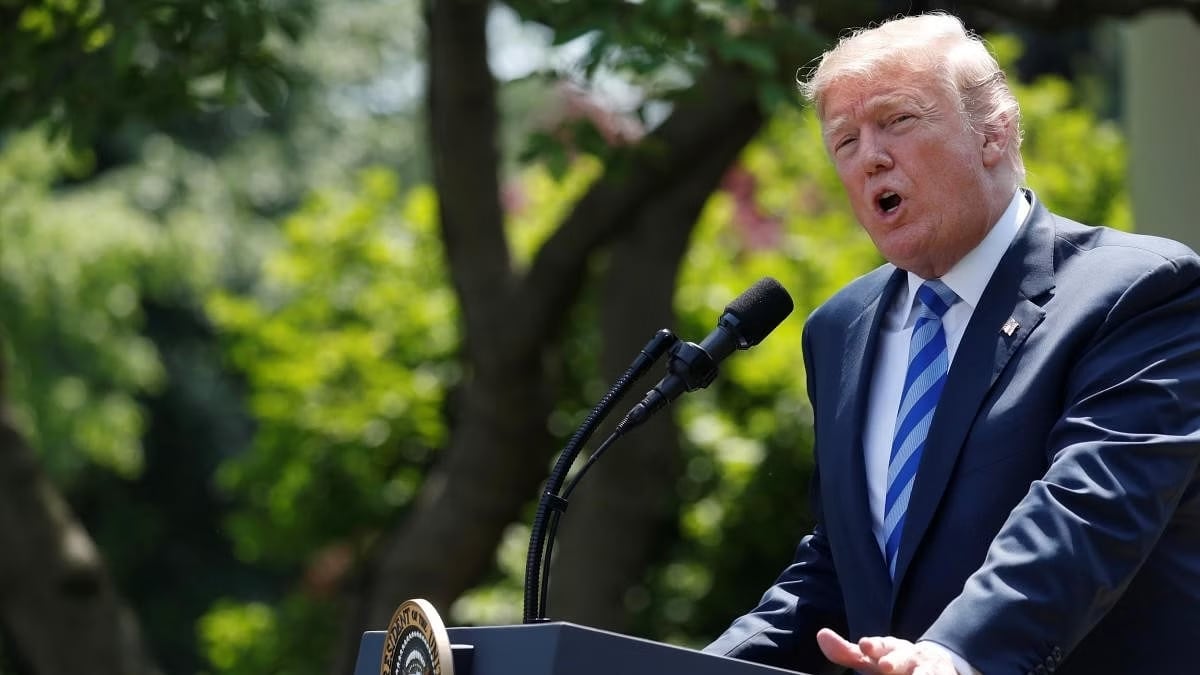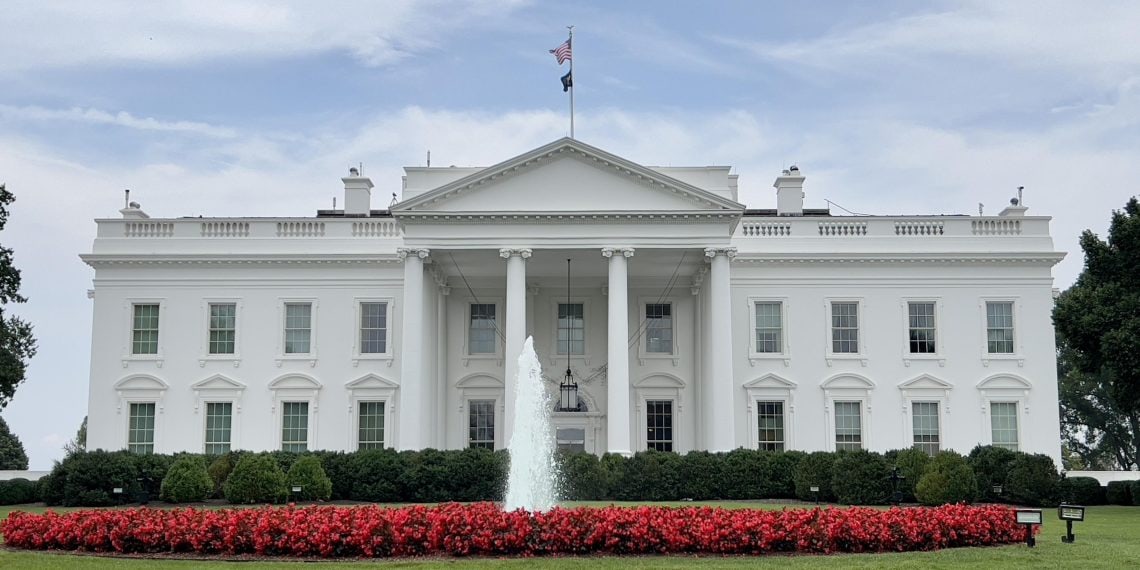A Pentagon report disclosed that during the Trump administration, the White House Medical Unit, part of the White House Military Office, engaged in improper practices, distributing prescription drugs, including controlled substances, to ineligible staff.
Released on January 8, the report highlighted non-compliance with federal government and Department of Defense guidelines, revealing potential risks to patient health and safety.
The report indicated that ineligible staff received free specialty care and surgery at military medical facilities and were provided with prescription drugs, including controlled substances, violating federal law.
It identified ineffective pharmaceutical management practices, pointing out instances where the unit spent significantly more on brand-name medications than the cost of generic equivalents.
Specifically, the unit spent $46,500 from 2017-2019 on 8,900 unit doses of Ambien, a brand-name sleeping medication, which was 174 times more expensive than the $270 cost of the generic equivalent for the same amount of doses.
Additionally, $98,000 was spent on 4,180 unit doses of Provigil, a brand-name stimulant, representing a 55-fold increase compared to the $1,800 cost of the generic equivalent.
The report also raised concerns about the lack of effective controls to ensure compliance with safety standards, the absence of oversight by Military Health System leaders, and the inadequate tracking of opioids and sleeping medications.
Patient identities were not verified during the dispensing of certain drugs, and handwritten records were deemed error-filled or unreadable.

The findings of the Pentagon’s Office of the Inspector General cover the period from 2009 to 2018, encompassing both the Obama and Trump administrations.
However, the majority of the report’s focus centers on the 2017-2019 period when Donald Trump was in office. In response, the assistant secretary of defense for health affairs concurred with all the report’s recommendations.




